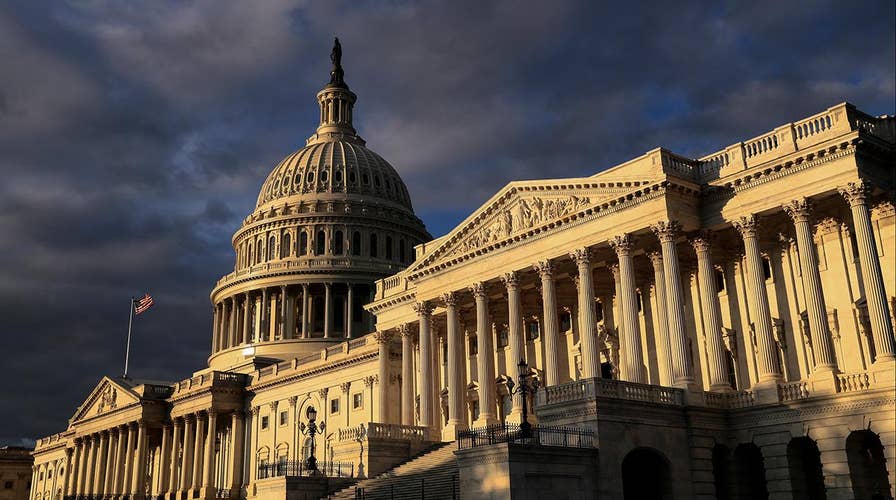Challenges facing the GOP on tax overhaul
Josh Holmes, former chief of staff for Sen. McConnell, and Jim Kessler, former policy director for Sen. Schumer, debate proposed changes that could help ease passage of the Republican Tax Cut and Jobs Act.
I ran into a woman at the grocery store a while back. With her cart full of groceries and her hand full of coupons, she looked at me in line and said: “When will it get better, Kristi? The cost of these groceries, of health care, of child care – they’re all going up, but I haven’t gotten a raise in years.”
She’s not alone. Many American families in every state are asking that exact question: When will it get better? When will the pinch stop?
Last week, House Republicans introduced a once-in-a-generation tax reform package that will finally give folks some breathing room. In fact, the nonpartisan Tax Foundation finds that after years of the status quo, the Tax Cuts and Jobs Act will increase wages by 3.1 percent, add 975,000 jobs, and raise the after-tax income of the average middle-income family by nearly $2,600.
What’s more, those savings are targeted toward our priorities: maybe most importantly, building strong families.
For instance, at the same time our legislation lowers tax rates across the board, it grows the Child Tax Credit by 60 percent, creates a new Family Flexibility Credit and protects the Child Care Credit for working families.
Our bill also gives people a boost during those milestone times in their lives, such as when they buy a home or save for retirement. On top of it all, the legislation significantly simplifies the tax code, so many busy families can file their taxes on a form as simple as a postcard. Think of the stress that would save come tax time.
And while we offer support to the families raising our next generation, this tax reform package is also designed to help job creators thrive from one generation to the next.
Today more than 70 percent of family businesses don’t make it to the second generation, and 90 percent don’t survive to the third. There are many reasons for this, but our tax code doesn’t make it any easier.
One of the hallmarks of the House GOP plan is a historically low 25 percent tax rate on small businesses that is accompanied by reforms to level the playing field and reduce compliance costs. Additionally, we fully and permanently repeal the Death Tax by 2024, doubling the exemption levels between now and then.
I know there are folks who want to keep the Death Tax in place, who say it doesn’t really impact families. That’s simply false. Our family was hit by the Death Tax when my dad died suddenly in a farming accident.
A few months afterward, we got a letter from the IRS telling us we owed the Death Tax. We were still reeling from the loss of the powerhouse in our family, and already, the government was reaching out its hand to take part of our American Dream. We had a tough choice: sell off a portion of our family farm or face a decade in debt. We took a decade in debt and struggled to keep our heads above water.
From that experience, I learned firsthand how awful and immoral the Death Tax is, but ultimately, the justification for its repeal rests in the fact that it’s a double – sometimes triple – tax. Families hit by it have already paid taxes on their land, machinery, and cattle. Now, because they experienced a tragedy, the federal government forces them to fork over a substantial amount of that hard-earned success.
By eliminating the Death Tax, we’ll eliminate one of the most unfair, un-American taxes on the books – a tax that has threatened second- and third-generation businesses for far too long.
I understand that no tax reform plan will be perfect in everyone’s eyes. Nonetheless, I’m optimistic about the impact this package could have on American families.
With lower rates, a simpler tax code, family-focused policies, and meaningful reforms, I’m hopeful we can finally relieve the pinch that the young woman I met in the grocery store felt. I believe in her. I believe that if we keep more money in her pocket, she can build a strong future for herself – and for the next generation.

